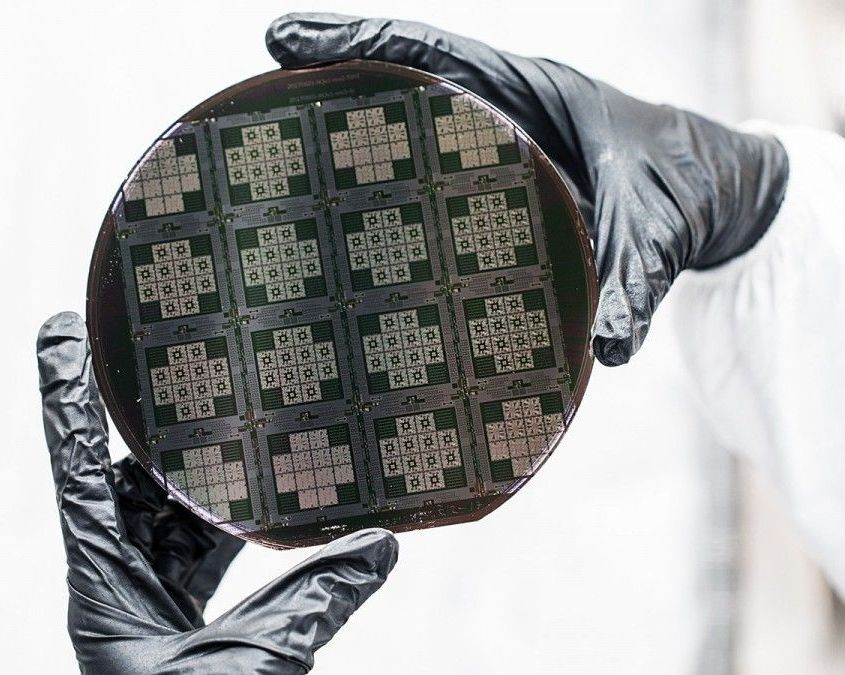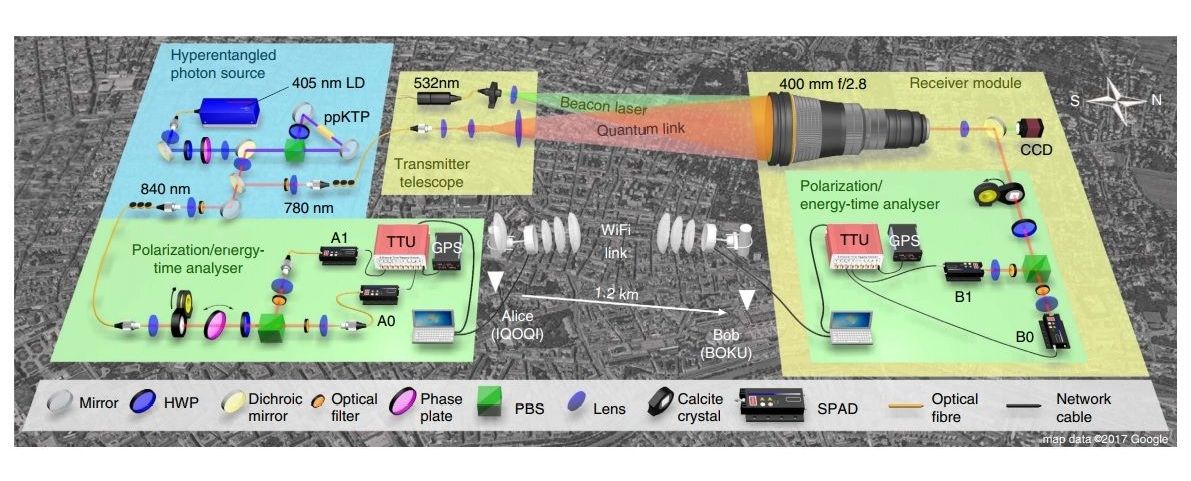Berkeley-based quantum computing firm Rigetti will allow 40 machine learning startups from 11 countries to make use of its devices to help crunch their AI problems.
Rigetti is small compared to its main rivals—the likes of Google, IBM, and Intel. But as we’ve reported in the past, the firm is working on a complex chip architecture that promises to scale up well, and should be particularly suited to applications like machine learning and chemistry simulations. That’s why we made it one of our 50 Smartest Companies of 2017.
But, like IBM and Google, part of Rigetti’s business model has always been to develop a kind of quantum-powered cloud service that would allow people to make use of its technology remotely. The newly announced partnership—which will be with companies from Creative Destruction Lab, a Canadian incubator that focuses on science-based startups—is a chance to test that theory out using Rigetti’s Forest programming environment.







